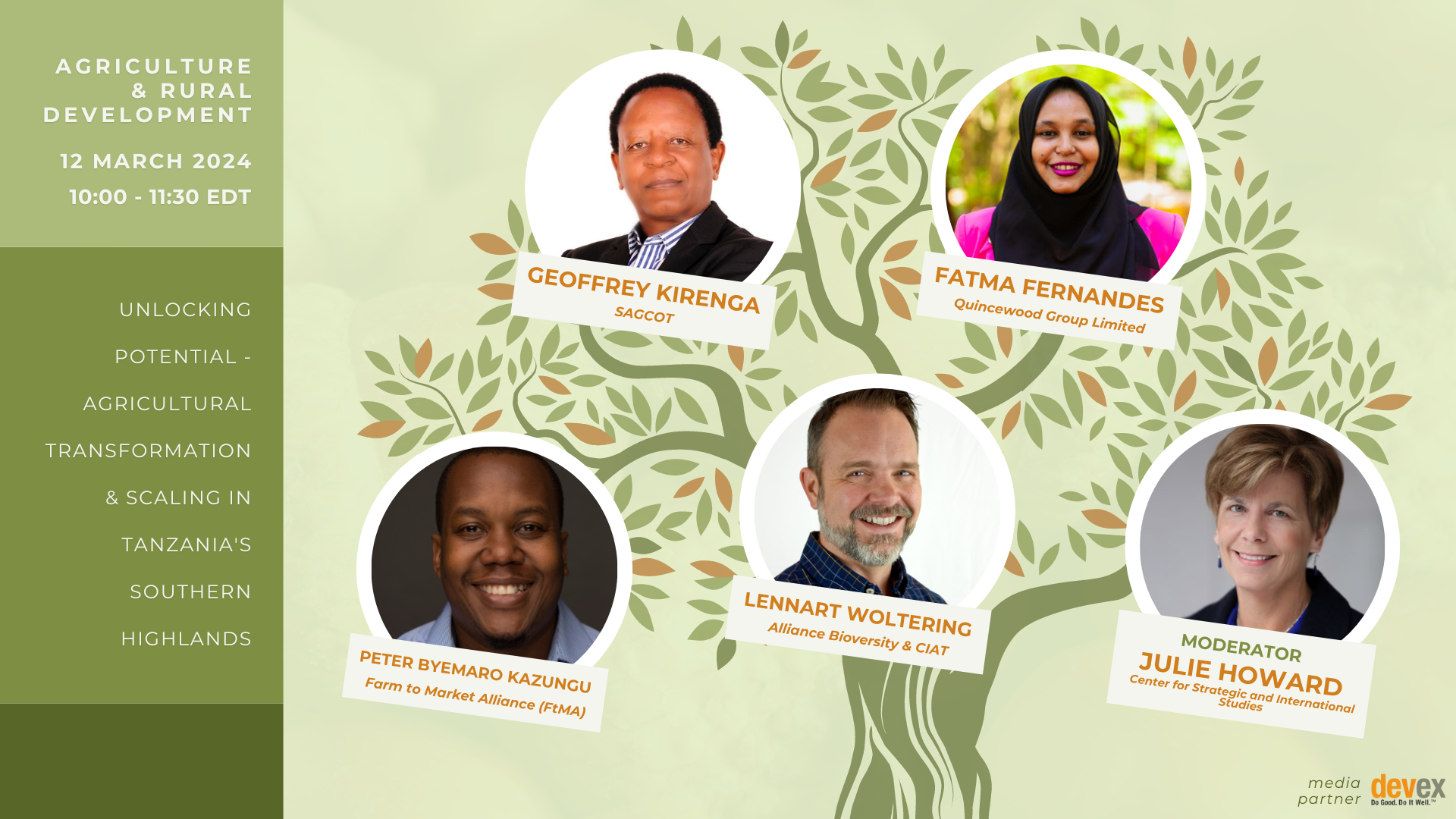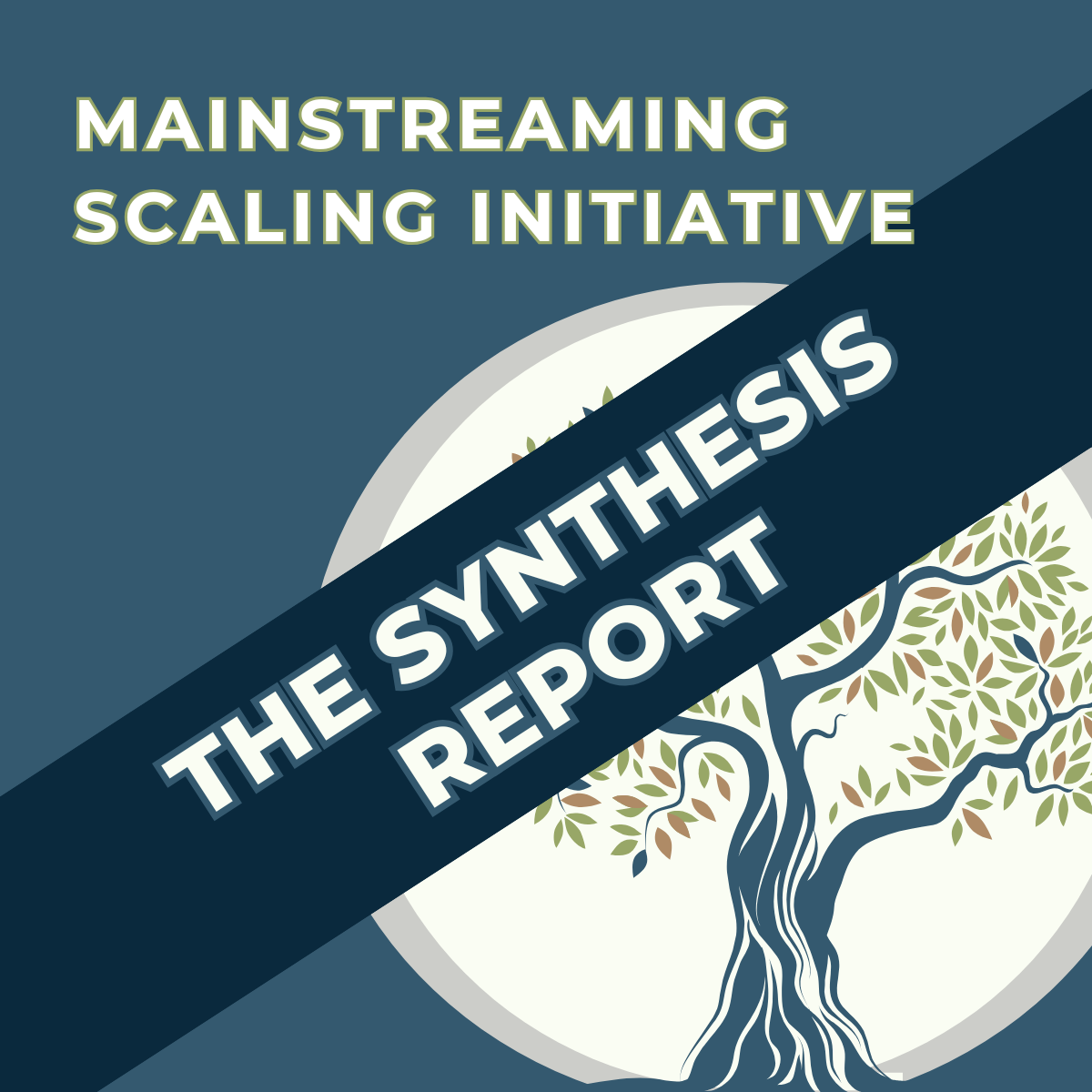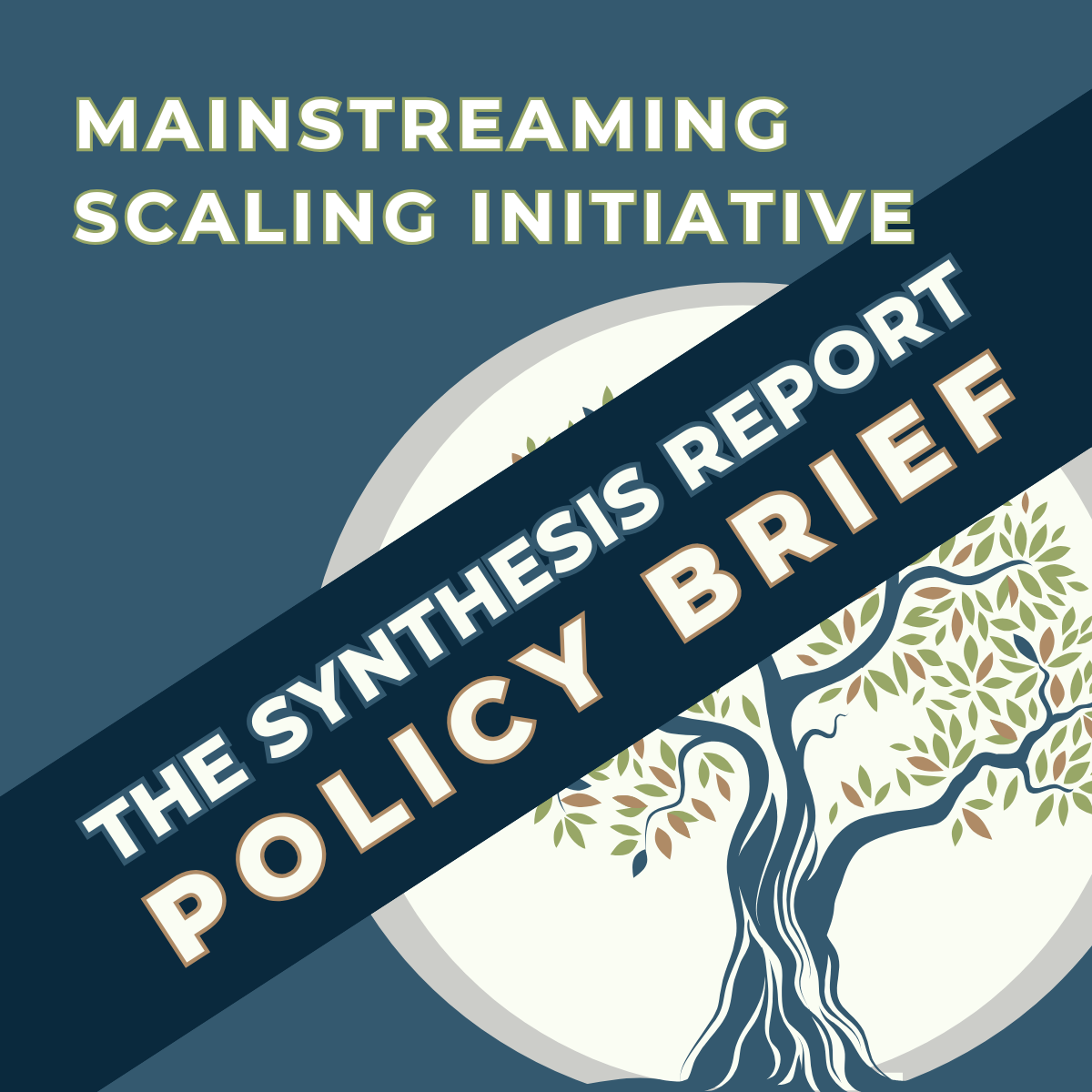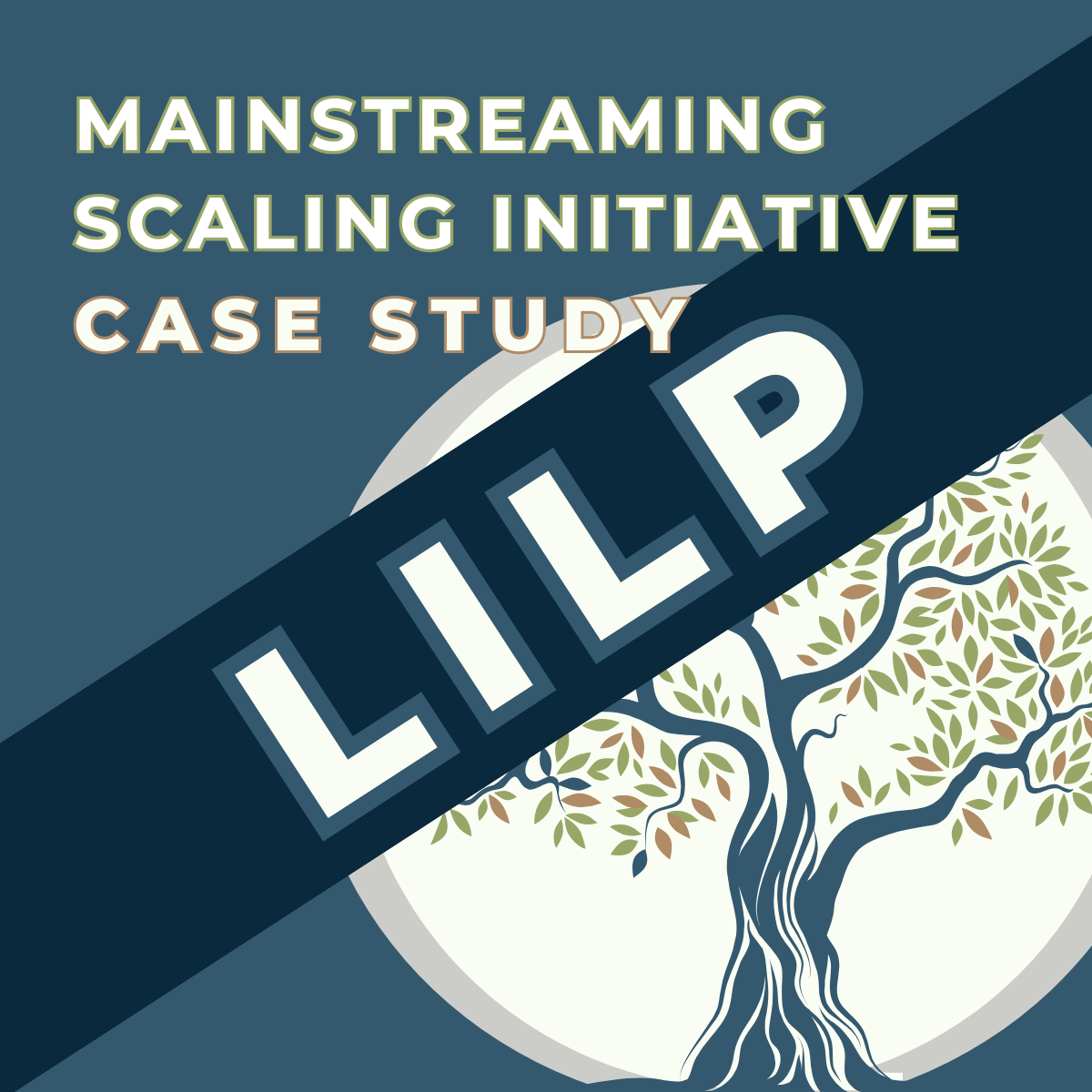
Description
The Southern Agricultural Growth Corridor of Tanzania (SAGCOT) was established in 2010 by the Government of Tanzania to accelerate public-private partnerships to transform agriculture, boost incomes and improve nutrition in the Southern Highlands, one of the poorest regions of the country. The platform has helped to crowd in private and public investment, driven policy reform, and scaled up technological innovations. This session explored SAGCOT’s evolution, achievements, constraints, and lessons from the perspective of SAGCOT’s CEO and key partners. SAGOT CEO Geoffrey Kirenga described SAGCOT’s cluster approach. SAGCOT identifies new investment opportunities in each of its six clusters and coordinates joint investment and implementation agreements to improve the availability of production, infrastructure, storage, processing, research, and support services. Efforts have focused on potato, tomato, poultry, soya, rice, and oilseed value chains. Support for SAGCOT has spanned three presidential administrations. Recently, President Samia Suluhu called for the expansion of SAGCOT’s model for inclusive development to other agricultural corridors.
SAGCOT’s credibility as a convenor trusted by government, donors, private sector, and farmers has led to 859,000 hectares under improved technology; 903,000 farmers impacted; $351 million of commodities sold; and $1.32 billion in private investments facilitated. These achievements were facilitated by road and communication infrastructure improvement; expanded availability of new varieties and fertilizer; and policy changes, e.g., the removal of VAT on poultry feed. Access to finance remains a constraint.
Fatma Fernandes spoke about Quincewood Group Ltd’s experience as a SAGCOT partner. Quincewood designed and implemented the Wakala platform that digitizes the management and supply of agricultural inputs. The mobile phone application reduces the prevalence of counterfeit and adulterated agricultural inputs by using scratch-off labels affixed to seed packages, which allow farmers to check the authenticity of seeds using mobile phones. The technology has helped more than 450,000 farmers, with 18.8 million labels printed in 2022 and 2023. Quincewood works with Tanzania’s Official Seed Certification Institute and more than 55 seed companies. The cost of the app and services is borne by seed companies, who can track the utilization of their products via farmer profiling. Farmers can also access extension advice using the mobile application.
Peter Kazungu Byemaro spoke next about the Farm to Market Alliance, a global consortium of six public and private organizations active in Kenya, Tanzania, Rwanda, and Zambia: AGRA, Bayer, Rabobank, Syngenta, WFP, and Yara. Farm to Market Alliance aims to make markets work better for smallholders by facilitating partnerships with off-takers, farmer service centers (FSCs), and other ag-related businesses. Their main tool is Farmer Service Centers, which can be a rural entrepreneur, agrodealer, farmers group, or aggregator. FSCs are the key links connecting private and public sector partners with smallholders. FSCs earn commissions on the sales they generate for partners or gain revenue through direct sales. They also help identify value chain bottlenecks and co-create solutions. Currently the soy value chain is a key focus under the Tanzania Sustainable Soya Initiative.
Fatma and Peter expressed their gratitude to SAGCOT for creating an enabling environment, allowing their innovations to take hold and scale. In turn, their innovations have created a more conducive environment for other investments and positive developments.
|
|
|





